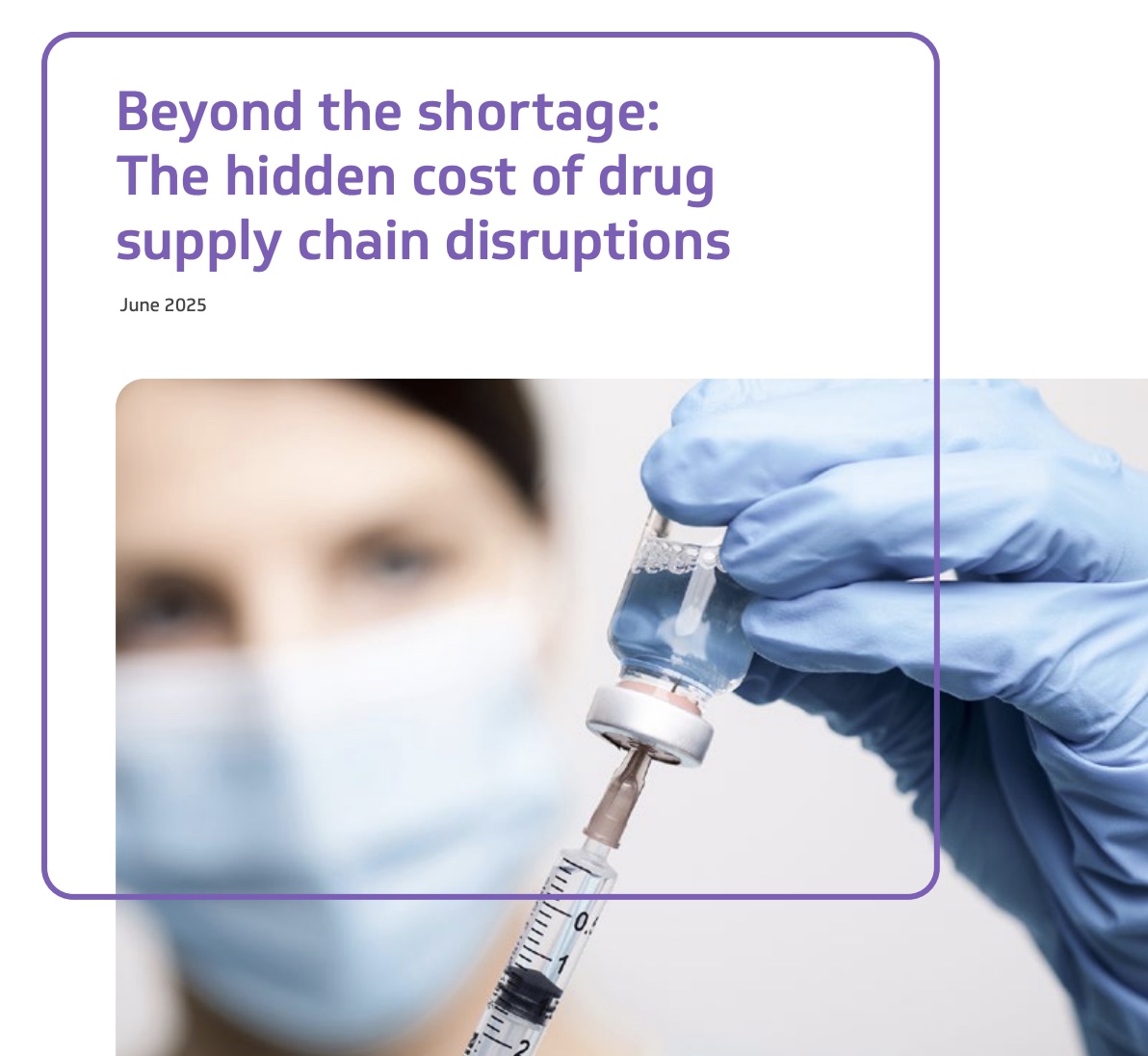
What You Should Know:
– A new analysis from Vizient® reveals the staggering financial impact of drug shortages on U.S. hospitals, with labor costs for managing these disruptions more than doubling since 2019.
– The survey, “Beyond the Shortage: The Hidden Cost of Drug Supply Chain Disruptions,” found that in 2023, hospitals spent roughly 20 million hours managing drug shortages, translating to nearly $900 million annually in labor costs.
The Hidden Costs Go Far Beyond Labor
The nearly $900M figure for additional labor only scratches the surface of the true financial toll of drug shortages. The report emphasizes that the total cost is much higher when factoring in other expenses. The survey of 132 healthcare organizations also sheds light on the direct impact of drug shortages on patient care and safety. Key findings include:
- Medication Errors: 43% of respondents indicated that medication errors had occurred as a result of drug shortages, an increase from 38% in the 2019 survey.
- Disruptions in Patient Care: 27% of respondents reported that drug shortages caused disruptions in patient care. Outpatient infusion services were the most affected, with 41% of patient cases being omitted, missed, or delayed.
- Delayed Procedures: Planned medical procedures were also impacted, with disruptions reported in 32% of cases, followed by hospital admissions at 22%.
Pediatric Facilities Face Heightened Challenges
The survey revealed that pediatric facilities are disproportionately affected by drug shortages. On average, they monitored at least 25% more shortages than general facilities. This is due to the high-risk and complex nature of pediatric populations, as their treatment often requires a specific mix of both adult-approved and pediatric-approved drugs.
The findings underscore the urgent need for robust strategies to mitigate the impact of drug shortages. Vizient highlighted its own strategic solutions, such as the Novaplus Enhanced Supply and Novaplus Enhanced Supply Reserve programs, which have played a vital role in improving medication availability and reinforcing supply chain resiliency.
“While our supply assurance strategies are making a significant difference in practice, the findings of this survey reflect on the work that remains to be done, which is why Vizient continues to expand its strategies for pharmaceuticals and other critical supplies,” said Mittal Sutaria, PharmD, senior vice president, pharmacy contract and program services for Vizient.
